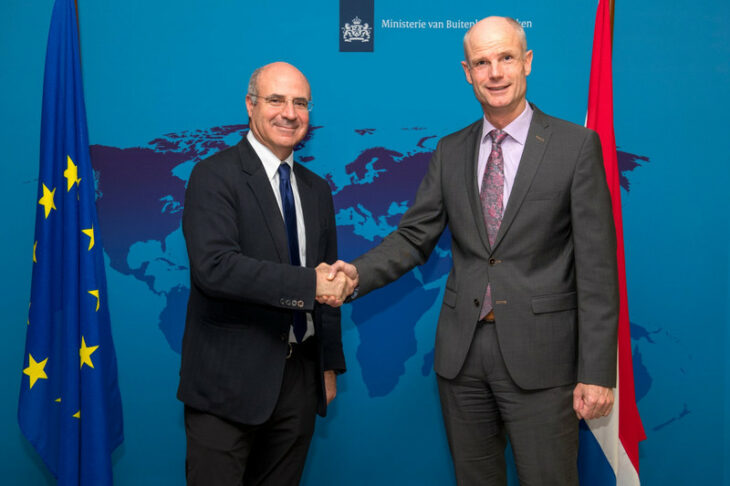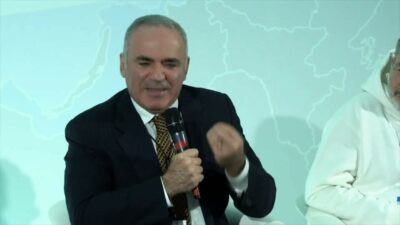
Human rights abusers around the world will, in future, face EU asset freezes and travel bans under new-model sanctions agreed by foreign ministers in Brussels on Monday (9 December).
“Today, the EU unanimously decided to legislate a worldwide EU human rights sanction regime,” Dutch foreign minister Stef Blok said.
“To have a tool like this … will give us much more strength and capacity to react to serious human rights violations,” the EU’s new foreign policy chief, Josep Borrell, also said.
The Netherlands had pushed for the new measures over the past year after Dutch MPs had instructed its government to seek a Europe-wide ‘Magnitsky Act’.
Magnitsky Acts, already in place in the US, Canada, the UK, and the Baltic states, target individuals rather than foreign administrations and can snap into action more quickly than country-based sanctions.
They are named after Sergei Magnitsky, a Russian anti-corruption activist who died in prison in 2009.
And they were born out of an international campaign by Magnitsky’s former employer, British hedge fund manager Bill Browder.
“It took us 10 years to get here, but it’s a decisive victory in the global Magnitsky justice campaign,” Browder told EUobserver.
“There was outspoken support by 23 member states today and none of the other five voiced objections,” an EU diplomat also told this website.
Monday’s “political agreement” will now be handed to the EU foreign service to draw up a detailed legal proposal, he added.
“This could take another half-year or so,” he said.
“The EU Council will still need to formally adopt the measures. Today’s decision is a step in that direction, but an important one,” the diplomat said.
Monday’s breakthrough came after Hungary dropped its former misgivings on the plan, with Budapest having previously said the EU did not need extra measures to defend human rights overseas.
Borrell mentioned that some EU states still had some “critical questions and concerns”.
But he also noted the EU already had targeted sanctions regimes against individuals responsible for cyber attacks and use of chemical weapons along the same lines.
Borrell, a former Spanish foreign minister, took over the EU foreign service top job from Italian diplomat Federica Mogherini earlier this month.
And the changing of the guard augured well for the human rights project, the EU diplomat noted.
“Mogherini didn’t really do anything [on the dossier], but Borrell has already shown more energy,” the diplomat said.
For their part, the Dutch have opted to keep Magnitsky’s name off the EU legislation in order not to make it look as though it was aimed at Russia.
They have also spoken of abusers in Saudi Arabia, Africa, and the Far East as potential targets, while not mentioning Russia, even though the people deemed responsible for Magnitsky’s killing laundered most of their money in EU banks and travelled frequently in Europe.
But Dutch prime minister Mark Rutte noted, in comments last December, that “whenever we speak about it, we shall, I think, just refer to it as ‘the Magnitsky law’ or ‘the Magnitsky initiative’.”
Borrell himself, speaking to MEPs in the European Parliament’s foreign affairs committee last week, said he had never heard of Magnitsky.
But an EU spokesperson played down his faux pas in comments last Friday.
“We are all human beings and it can happen that we don’t have everything in mind on every single issue,” the spokesperson said.
“Rest assured, this issue is now being followed very closely,” the spokesperson added.
“Of course, the devil is in the detail. We need to make sure this law has proper teeth to go after human rights abusers and that it bears Sergei Magnitsky’s name,” Browder said.
“We need to make sure today’s agreement is not deviated or diverged from due to its opponents,” he added.




